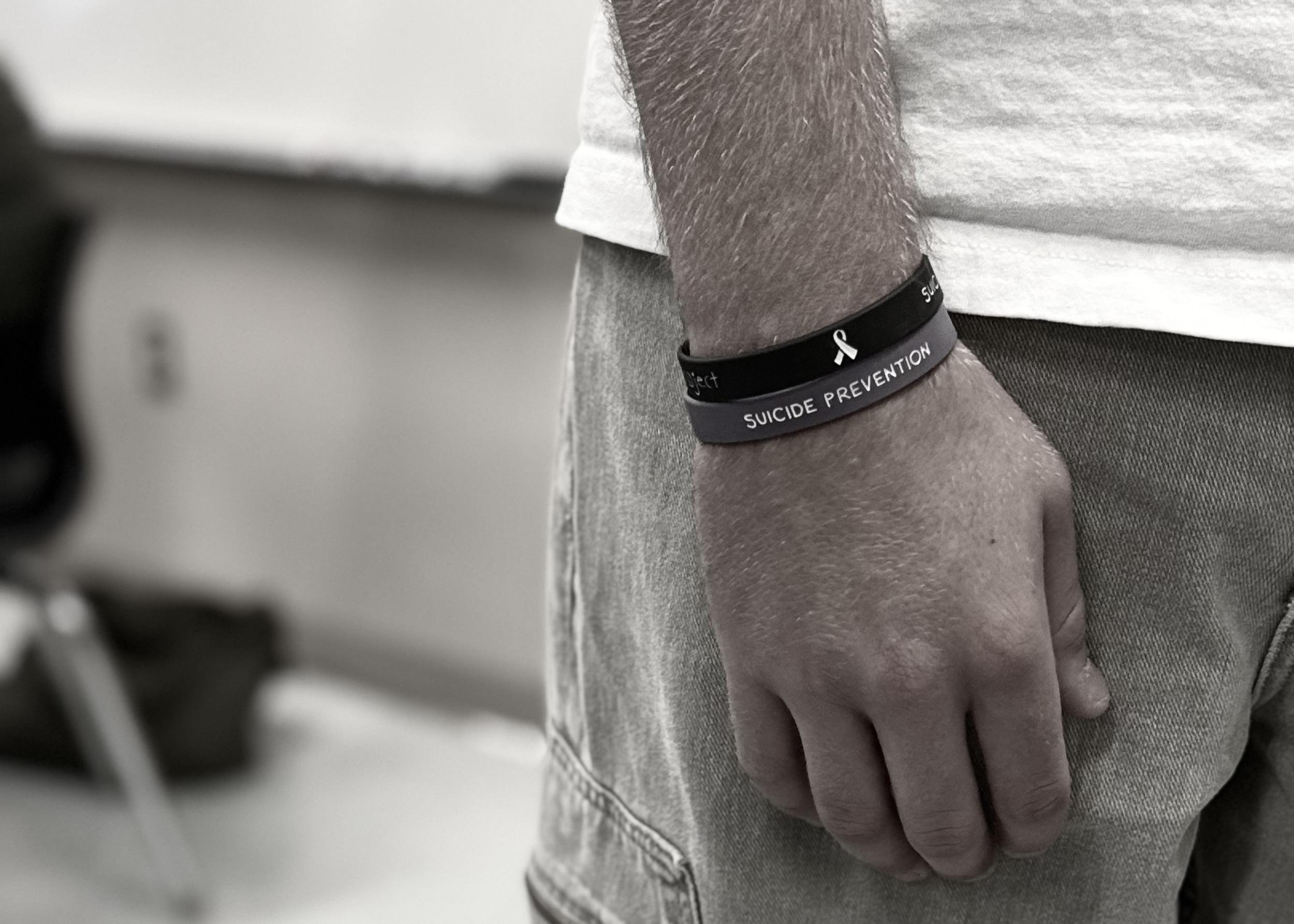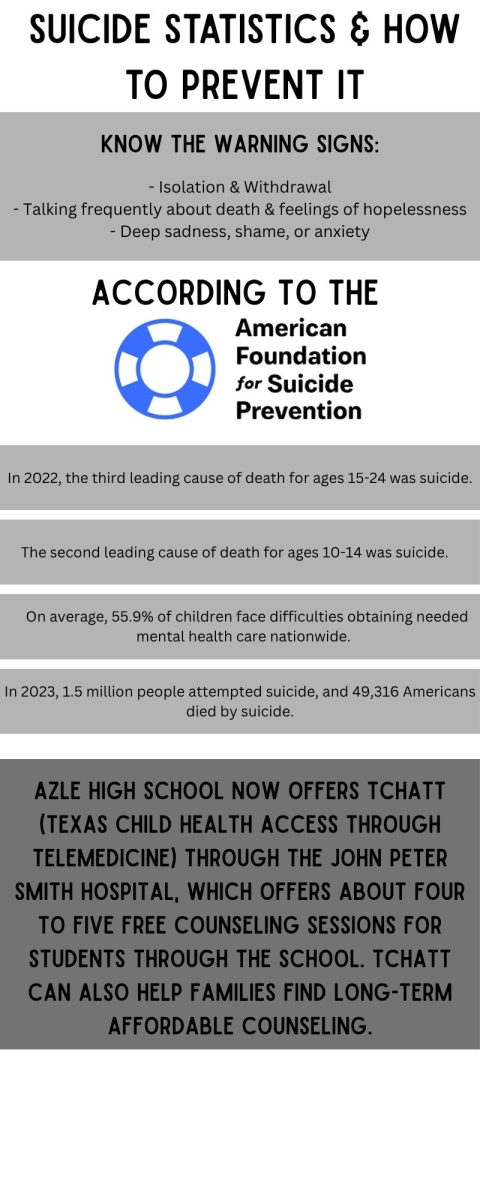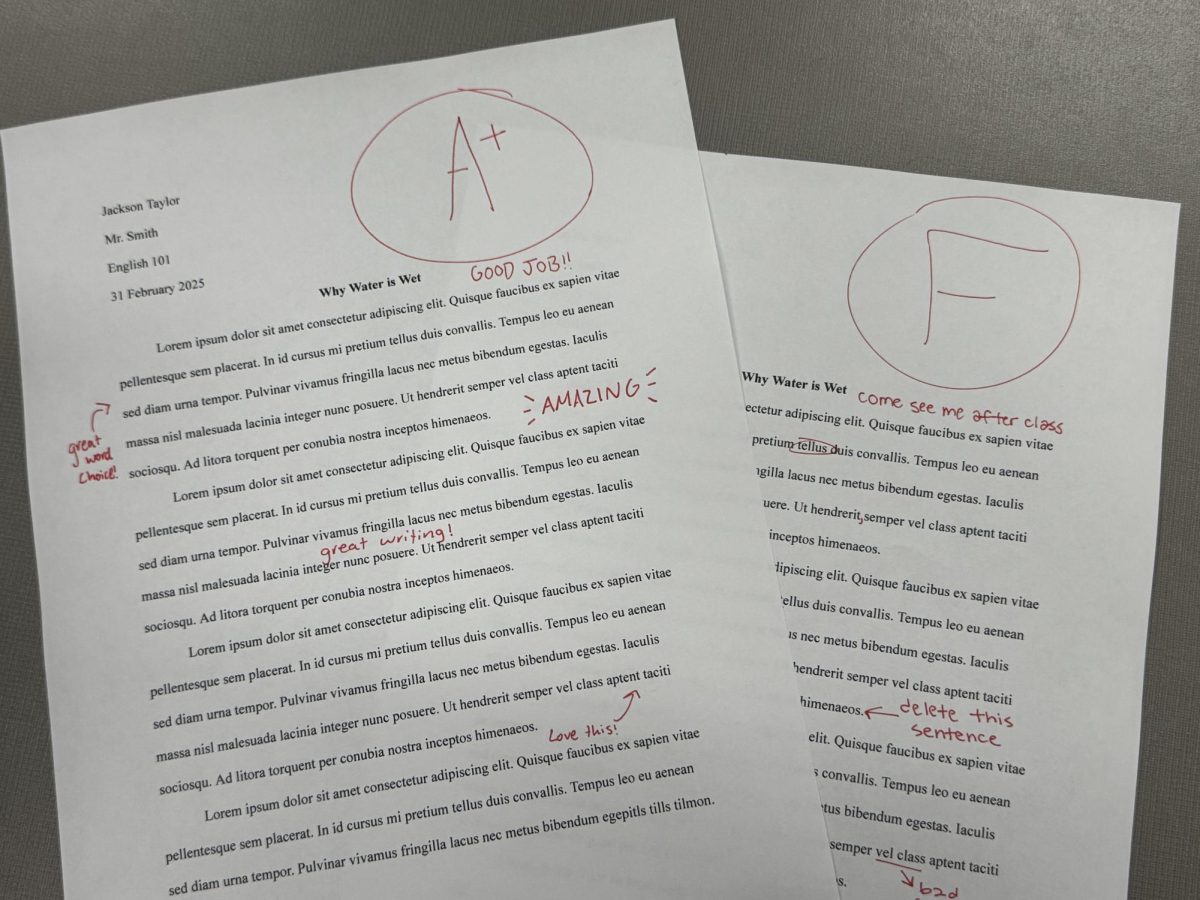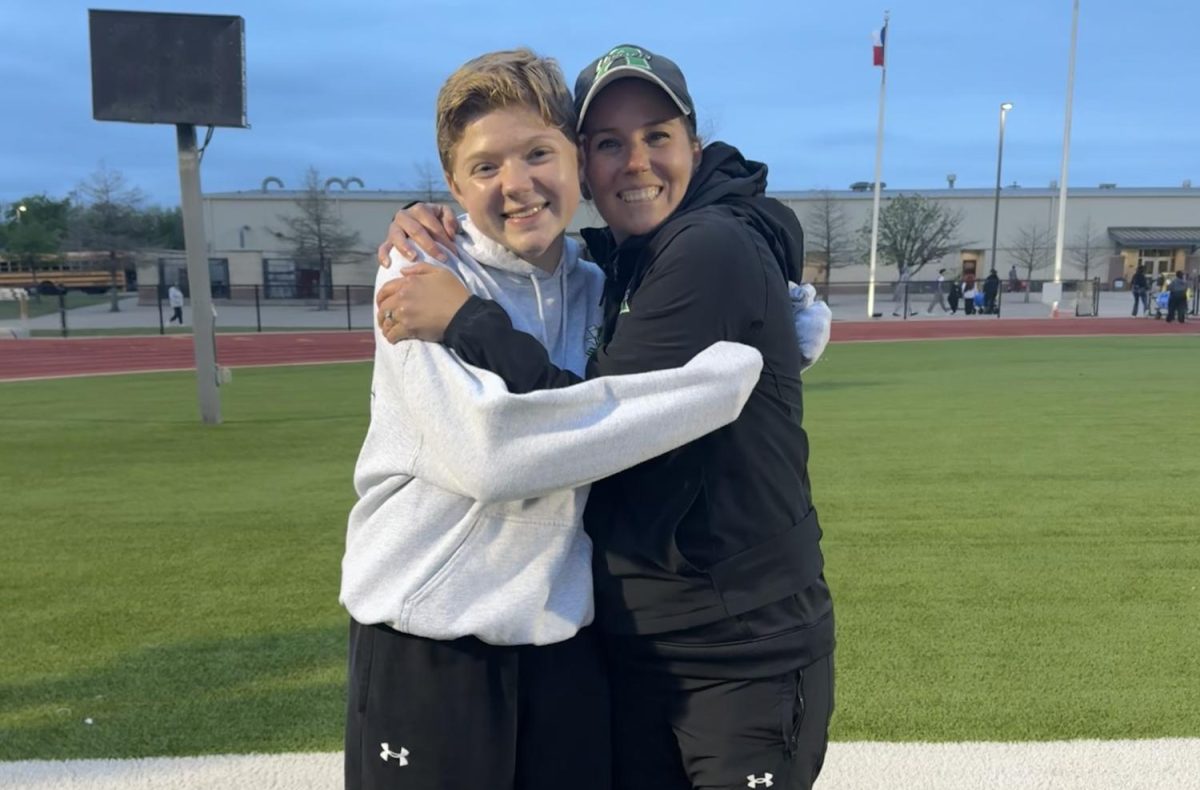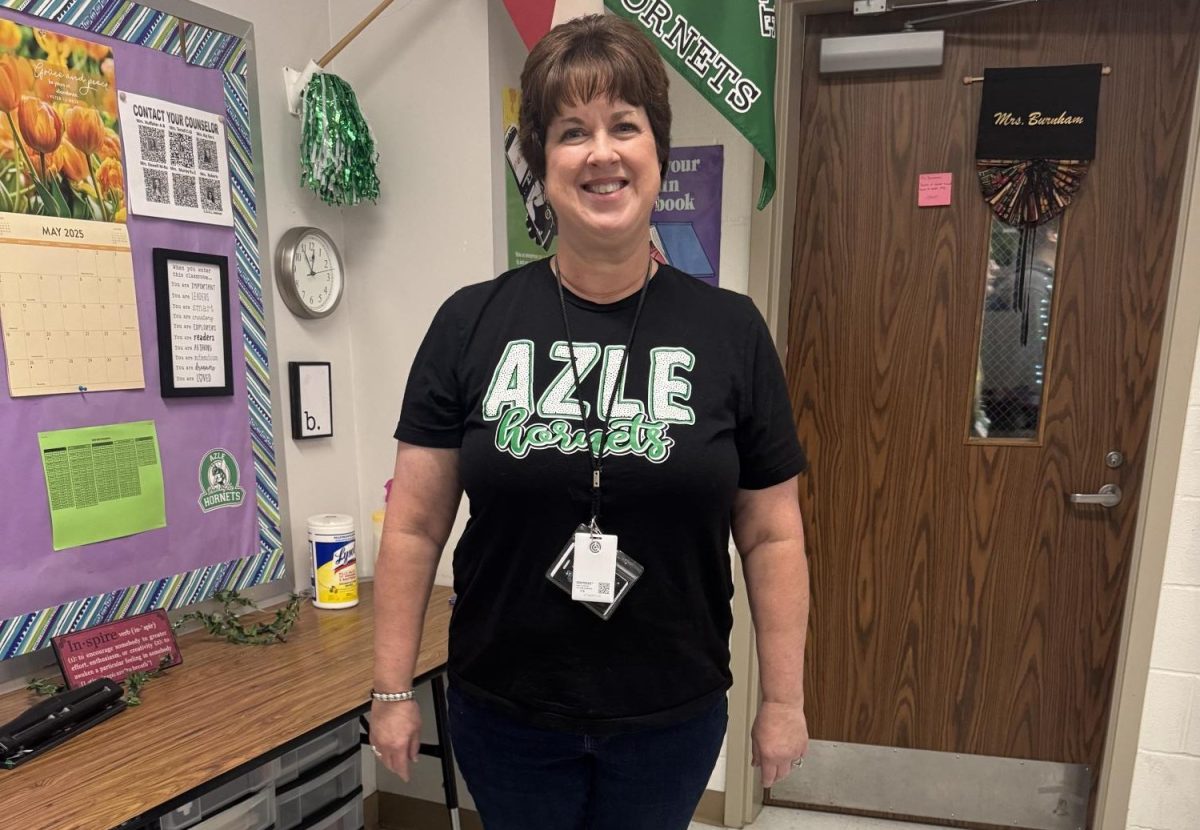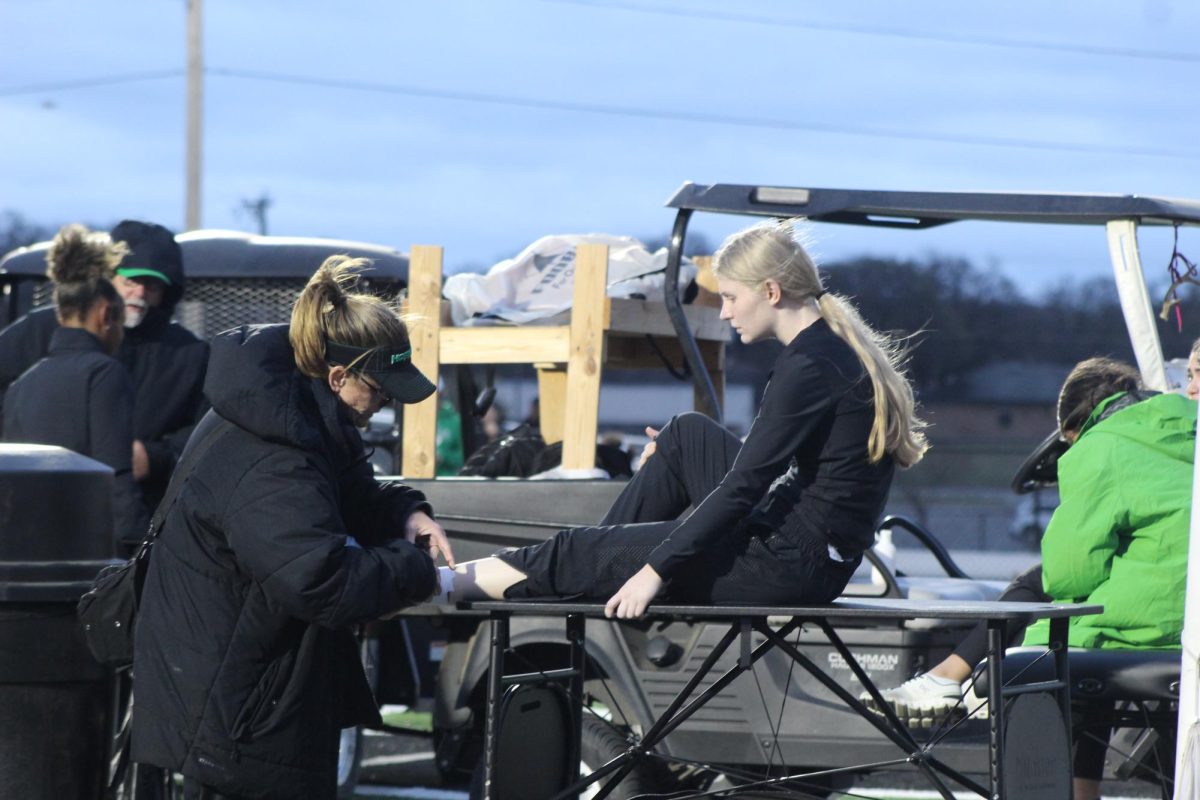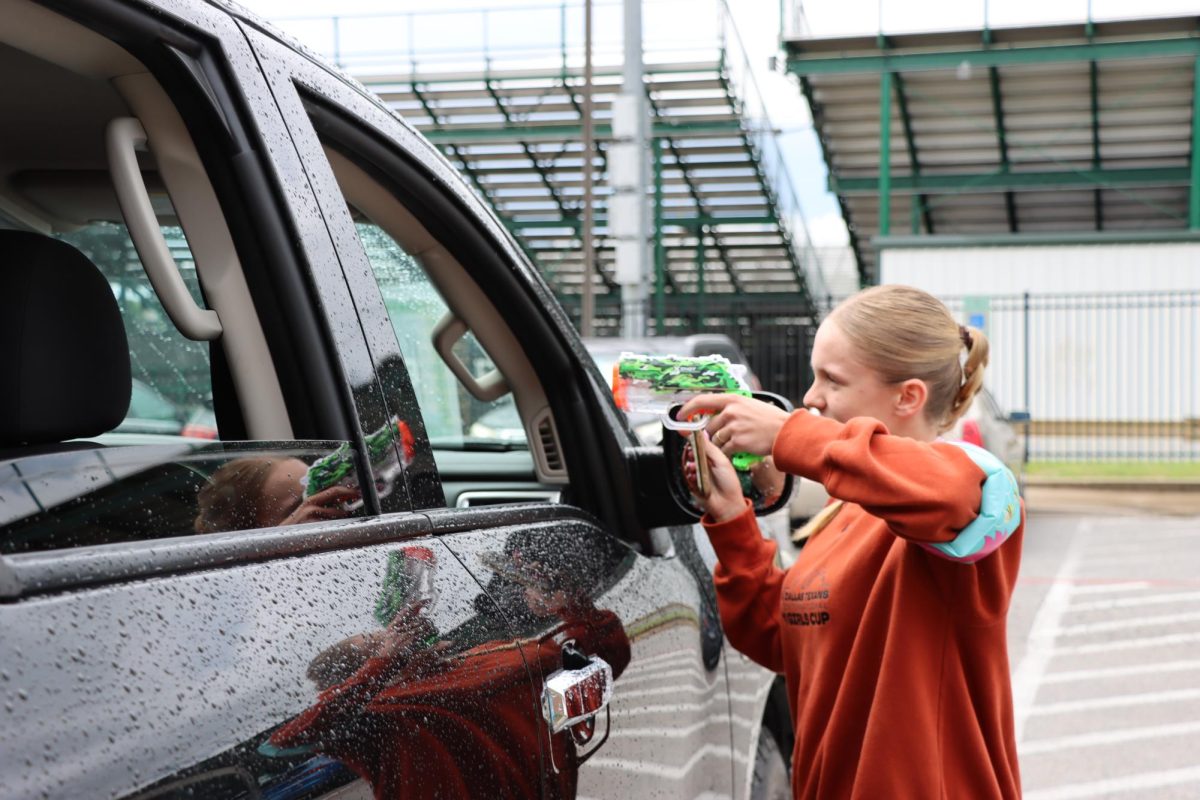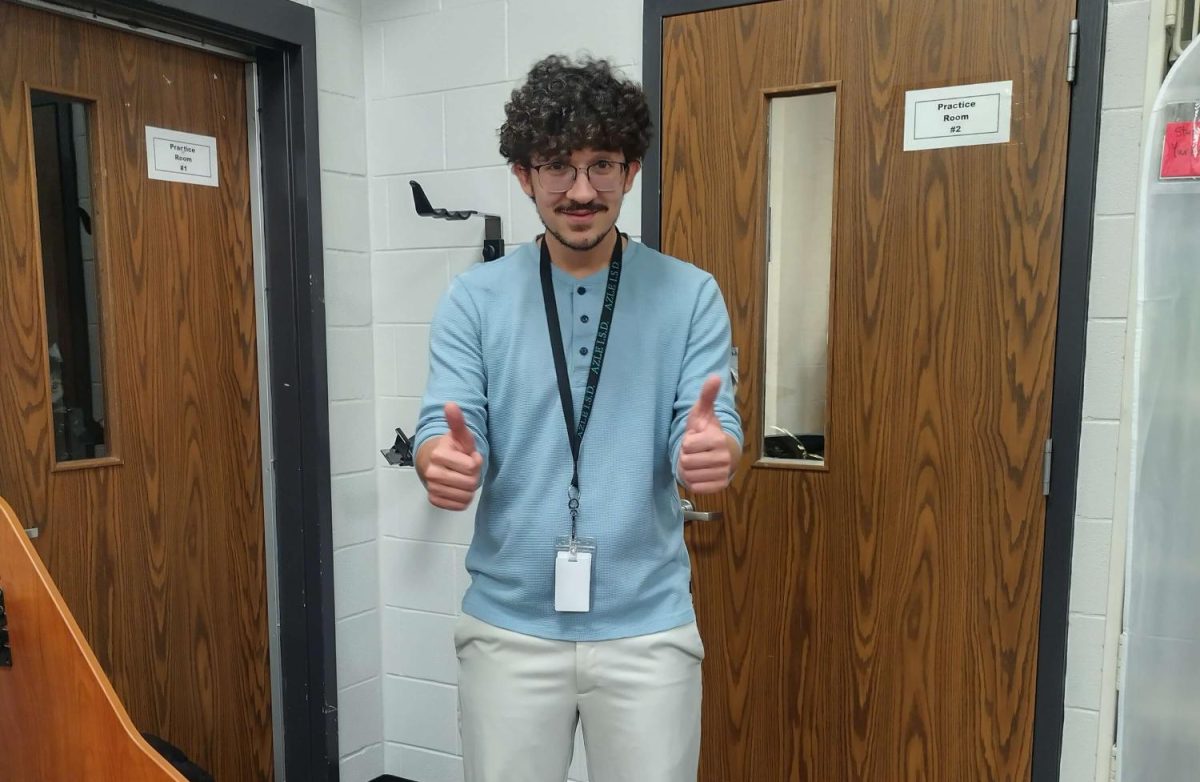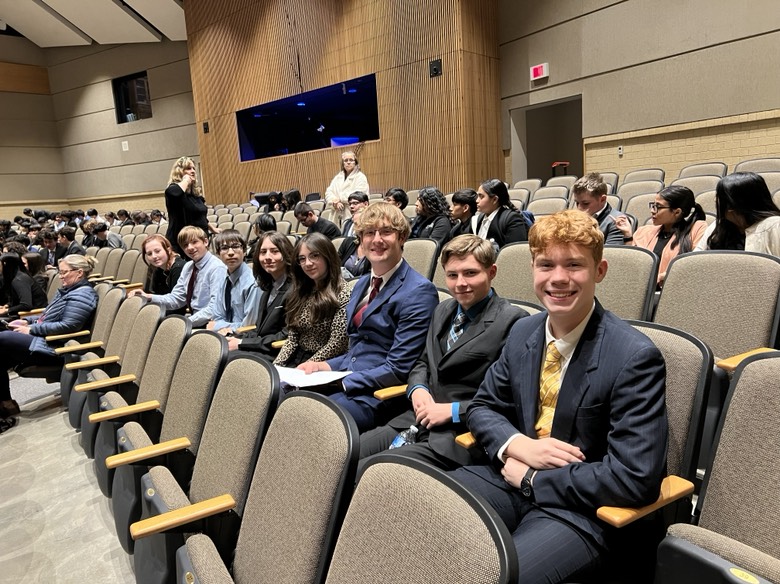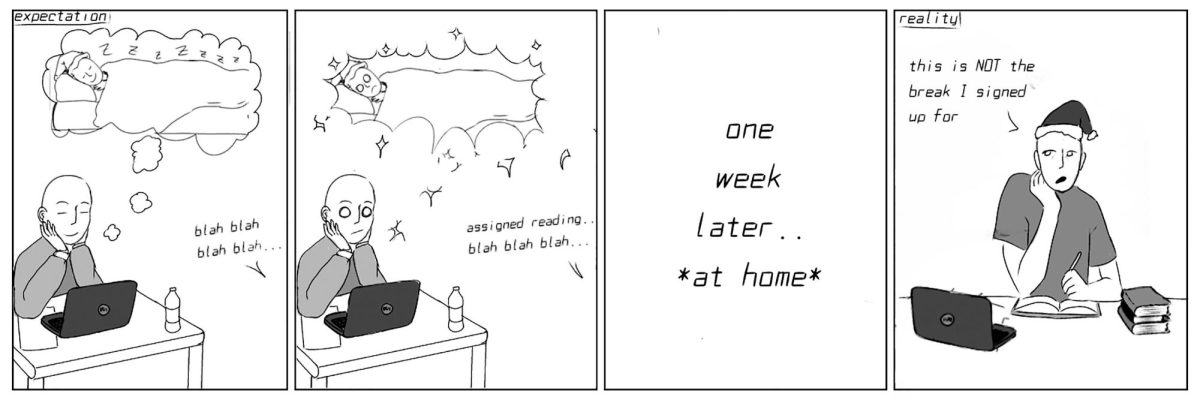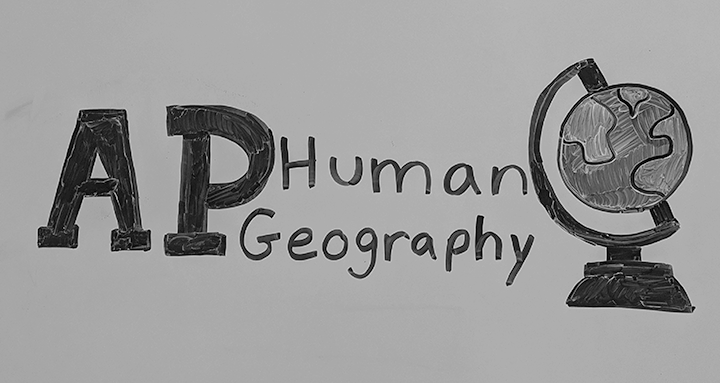I believe you.
Three words that can save a student’s life. Three simple words, but not enough people say them.
Conversations surrounding mental health and suicide have previously been made taboo by the stigma surrounding it. As a school, it is our job to help end the stigma by understanding and listening to people who are in crisis, not by judging them.
“I feel like society in the past has had a big view of mental health as being a weakness,” crisis counselor Hollee Reed said. “People feel like they can’t talk about it because it means that they’re weak or they can’t manage their own feelings.”
According to the National Institute of Mental Health, suicide is the third-leading cause of death for people aged 15 to 24. Students must be willing to do more to support one another’s mental health.
“Certain organizations at school are vocal about mental health, but not everyone seems to be, such as the administrators and teachers,” junior Luz Ramirez said. “Sometimes it seems like they only care once something has already happened.”
Lead counselor Heather Huffaker said that teachers and administrators want to make sure they are helping students who might be showing signs of depression and get the information out about what they can do if they need help because it is “the right thing to do.”
On Thursday, all students will learn about the Signs of Suicide, or SOS program, which is meant to educate students on how to seek help if they are worried about themselves or a friend showing signs of depression.
“We don’t want anyone to have those feelings or have thoughts of harming themselves in any way,” Huffaker said. “We just do not want that, and every teacher has been supportive of the [Signs of Suicide Program].”
The Suicide & Crisis Center of North Texas said almost 20% of Texas high school students reported having made a plan to attempt suicide.
“It can happen in a moment,” crisis counselor Kimberly Brown said. “That’s something we can all say to our friends and our family. Like if you ever find yourself in a place where you want to end your life, the best thing you can do is tell someone. We would never, ever want you to hurt yourself.”
In recent years, it has become common in society to use phrases such as “I’m going to kill myself,” lightly or with no thought behind the weight that phrase carries.
“If I knew someone who was suicidal, I would try to send them to someone who knows what to do,” sophomore Grace Niedecken said. “But, I can also never tell if they are joking or not, because it has become a big joke nowadays.”
Discussions about suicide do not have to be a joke nor should they be a joke. Every day, teenagers are dying because they believe the world is better off without them in it. It is absolutely vital that everyone does their part in ending the shame that comes with speaking about mental health and suicide.
“Teachers need to talk to their kids,” Reed said. “Students have to feel that their teachers care about them for them to be able to feel safe to open up if need be. A lot of times, students feel more connected to their teachers and the people they see every day, and so we need them to help us. You need to tell us when something’s off with a student.”
If you or someone you know is in crisis or contemplating suicide, there are resources that can help. Visit Azle ISD Mental Health Resources and Information for more information on what steps to take and what you can do to get help for yourself or someone else.



